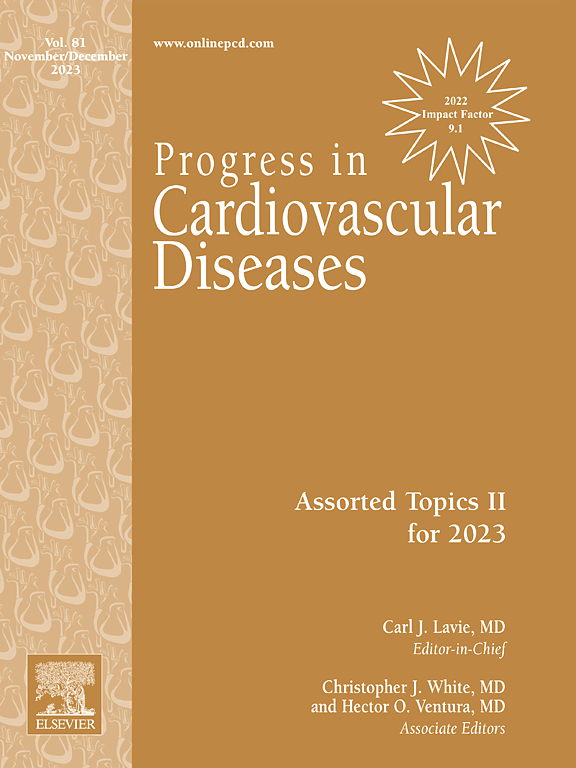The American Nations model: An analytical tool for understanding the influence of U.S. regional cultures on health and the social and political determinants of health
IF 7.6
2区 医学
Q1 CARDIAC & CARDIOVASCULAR SYSTEMS
引用次数: 0
Abstract
Cardiovascular disease (CVD) represents a significant health crisis, leading to premature morbidity and mortality, that is largely preventable. A decade ago, the World Health Organization formally acknowledged the powerful role culture plays in health and well-being, a key factor in preventing CVD, prompting increased attention on how shared values, norms, symbols, ethics and life practices effect the decisions and behaviors of patients, populations and practitioners alike. Cultural contexts affect human behaviors and health outcomes, and the United States (U.S.) is divided between dominant regional cultures. The American Nations model, informed by the work of cultural geographers, historians, and anthropologists, provides an analytical framework for understanding regional cultural contexts within the U.S. This model has been used to demonstrate significant regional differences in health outcomes, wellbeing, lifestyle behaviors, lifespan, and social vulnerability, with communitarian cultures consistently outperforming individualistic cultures across a broad range of phenomena. This model has significant implications for how a nation approaches health and health care, shifting from the traditional, national level one-size-fits-all paradigm to one that considers distinct regional differences based on historical settlement patterns. In this context, the American Nations model can help improve the effectiveness of health interventions by supporting a better understanding of cultural differences and the dominant U.S. cultural landscapes.
美国国家模式:了解美国地区文化对健康的影响以及健康的社会和政治决定因素的分析工具。
心血管疾病是一种主要的健康危机,导致过早发病和死亡,这在很大程度上是可以预防的。十年前,世界卫生组织正式承认文化在健康和福祉方面发挥的强大作用,这是预防心血管疾病的一个关键因素,促使人们更加关注共同的价值观、规范、符号、伦理和生活实践如何影响患者、人群和从业者的决策和行为。文化背景影响人类行为和健康结果,美国(美国)被划分为主要的区域文化。在文化地理学家、历史学家和人类学家的工作基础上,美国民族模型为理解美国的区域文化背景提供了一个分析框架。该模型已被用来证明在健康结果、福祉、生活方式行为、寿命和社会脆弱性方面存在显著的区域差异,在广泛的现象中,社区主义文化始终优于个人主义文化。这一模式对一个国家如何处理健康和医疗保健具有重要意义,从传统的、国家层面的“一刀切”模式转变为考虑基于历史定居模式的明显地区差异的模式。在这种背景下,美国国家模式可以通过支持更好地理解文化差异和主导的美国文化景观来帮助提高卫生干预的有效性。
本文章由计算机程序翻译,如有差异,请以英文原文为准。
求助全文
约1分钟内获得全文
求助全文
来源期刊

Progress in cardiovascular diseases
医学-心血管系统
CiteScore
10.90
自引率
6.60%
发文量
98
审稿时长
7 days
期刊介绍:
Progress in Cardiovascular Diseases provides comprehensive coverage of a single topic related to heart and circulatory disorders in each issue. Some issues include special articles, definitive reviews that capture the state of the art in the management of particular clinical problems in cardiology.
 求助内容:
求助内容: 应助结果提醒方式:
应助结果提醒方式:


